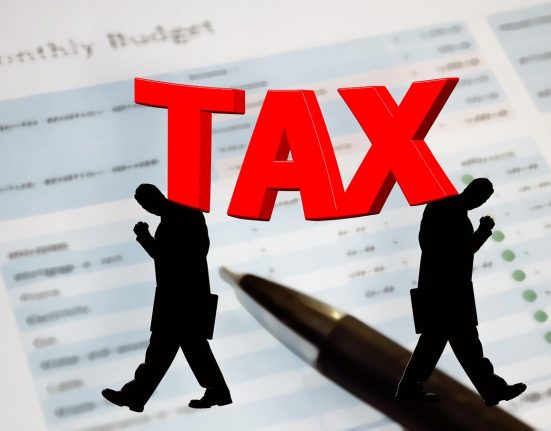First of all, no panic. The VAT you pay when you buy something? It hasn’t changed. It’s still 7.5%. So if you’re buying soap, fuel, electronics, or even paying for services, nothing extra is added yet.
Also, companies, whether big or small, are still paying 30% of their profit as company income tax. No increase there either.
So where’s the change?
The big change is in how the money is shared. Before now, the Federal Government took 15% from all VAT collected. Now they will take just 10%. Meanwhile, the State Governments’ share has increased from 50% to 55%. Local Governments still collect 35% like before.
Why does this matter to you? Because more money is now going to the states. And if your state government is serious, that money should go into fixing roads, paying salaries, funding hospitals, and improving schools. It’s money coming closer to the people.
Let’s go deeper.
There’s a new way the VAT will be shared among the states. Not just equal sharing. Now, it’s based on three things:
One, equality. Every state still gets something, that’s 50%.
Two, consumption. States where people are buying and selling more will get more, that’s 30%.
Three, population. States with more people get more, that’s 20%.
So if your state is busy with trade and has a lot of people, expect more VAT coming in.
Now let’s talk about the new 4% Development Levy.
This one is a small slice businesses will pay, and that money goes directly to support education, student loans, and technology innovation. It will fund agencies like TETFund (which builds school infrastructure), NELFUND (for student loans), and NASENI (which develops science and tech). It’s meant to help the next generation.
Now, to the part many people don’t like, enforcement.
The government is not smiling with tax offenders anymore. If you lie on your tax form, don’t file at all, or delay payment, the new law has stiffer penalties. It doesn’t matter who you are. The tax authority now has more power to investigate and take action. If you’ve been ignoring your taxes, now is the time to fix up.
Online business owners, listen well.
If you run a business in digital money or crypto, like Bitcoin, USDT, Ethereum, or platforms that help people trade or store digital assets, the government is now watching. Whether they send you a letter or not, you must declare your earnings and pay tax.
Also, telecom companies (like MTN, Airtel, Glo) and betting companies (sports betting, online games) will now be taxed more. These businesses are growing fast and making big profits, so the government wants them to give back more.
For business owners, there’s good news too.
You can now claim back VAT on your business equipment, like freezers, machines, POS, generators, delivery bikes, things you buy for your operations. That’s extra savings if you’re doing things right.
Another change is for those running Limited Liability Partnerships (LLPs). The law now treats them like normal companies when it comes to tax. So, if you’ve been using an LLP structure to avoid paying company tax, that gap is closed now.
Also, if you work as a tax agent, the person who helps companies file taxes, you now have to be properly registered and follow strict rules.
The government is also setting up two new bodies to help taxpayers.
One is a Tax Tribunal: If you disagree with how much tax they say you owe, you can go there and fight it out legally.
The other is the Tax Ombud: Someone who helps protect you from unfair treatment by tax officers. If you feel harassed or cheated, you can report it and get help.
Small businesses, don’t think they forgot you.
If your business earns less than ₦20 billion in a year, you’re protected from some of the tougher international tax rules. Plus, there are incentives to help you grow.
Finally, one more thing: expense rules.
Before now, companies used to claim anything as “necessary” or “reasonable” expense and remove it from their profit. That loophole is gone. Now, there are clear lists of what expenses are allowed. You must keep good records and follow the rules.
In short, the government is saying:
We want a tax system that is clear, fair, and modern. We want everyone to pay their fair share, rich or small. We want to use the money better and bring more of it down to the state and local levels where people actually feel it. And we are not joking with enforcement.
So whether you sell online, run a company, or just buy things at the market, this new tax law affects you. Stay informed. Pay what you owe. Keep your documents clean. And speak up if you’re treated unfairly.


